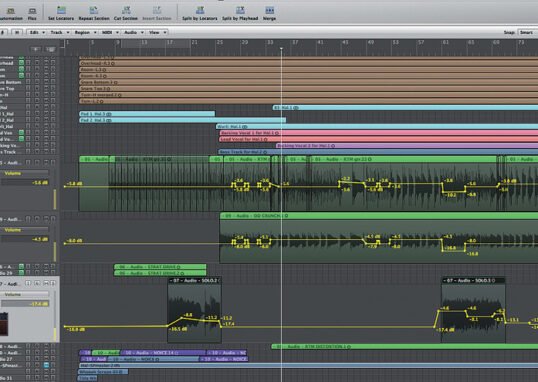
Rock music, a genre known for its rebellious spirit and innovative sounds, has had a significant impact on various aspects of society, including music education. From shaping curriculum to influencing teaching methods and student engagement, rock music has brought about notable transformations in how music is taught and learned. This article explores the ways in which rock music has influenced music education, highlighting key changes and innovations in the field.
The Evolution of Music Curriculum
Inclusion of Rock Music in School Programs
Historically, music education primarily focused on classical music and traditional instruments. However, as rock music gained prominence in the 20th century, educators began to recognize its cultural significance and its potential to engage students in new ways. As a result, rock music started to be included in school music programs, offering students an opportunity to explore contemporary genres alongside classical music.
Development of Rock-Based Curriculum
Incorporating rock music into the curriculum has led to the development of specialized courses and programs that focus on modern music genres. Schools and music institutions now offer classes in rock history, music production, and performance techniques. These courses often include hands-on learning experiences, such as forming rock bands, recording sessions, and live performances, allowing students to gain practical skills and experience in a contemporary music setting.
Innovative Teaching Methods
Rock Music as a Teaching Tool
Rock music has introduced innovative teaching methods that differ from traditional approaches. For example, educators have used popular rock songs to teach music theory concepts, such as chord progressions, rhythm, and dynamics. By analyzing and playing well-known rock tracks, students can better understand these concepts in a familiar and engaging context.

Technology and Rock Music
The rise of technology has further enhanced the impact of rock music on music education. Digital tools and software used in rock music production, such as drum machines, synthesizers, and recording equipment, have become integral to music education. Students can now experiment with these technologies, gaining skills in digital music creation and production that are essential in today’s music industry.
Engaging Students with Rock Music
Increased Student Motivation
One of the most significant impacts of rock music on music education is its ability to engage and motivate students. Rock music’s energetic and relatable nature resonates with many young people, making it a powerful tool for sparking interest in music education. By incorporating rock music into the curriculum, educators can connect with students on a personal level, making music education more relevant and enjoyable.
Building Teamwork and Collaboration
Rock music often involves collaboration among band members, which can be a valuable learning experience for students. Working together to create and perform rock music helps students develop teamwork, communication, and problem-solving skills. These experiences not only enhance their musical abilities but also prepare them for collaborative work in various other fields.
The Influence of Rock Music on Music Education Programs
Establishment of Rock Music Programs
The influence of rock music has led to the establishment of dedicated rock music programs and institutions. Some music schools and colleges now offer degrees and certifications in rock music performance, production, and management. These programs provide specialized training and prepare students for careers in the contemporary music industry.
Partnerships with Rock Musicians
Collaborations between educational institutions and rock musicians have also become more common. Workshops, masterclasses, and guest lectures by renowned rock artists offer students valuable insights into the industry and inspire them to pursue their musical passions. These partnerships bridge the gap between education and the professional music world, providing students with real-world experiences and connections.
Conclusion
Rock music has made a significant impact on music education, transforming traditional teaching methods and curricula while enhancing student engagement and motivation. By incorporating rock music into music programs, educators have created innovative learning experiences that resonate with students and prepare them for careers in the modern music industry. As rock music continues to evolve, its influence on music education is likely to grow, shaping the future of how music is taught and experienced.






